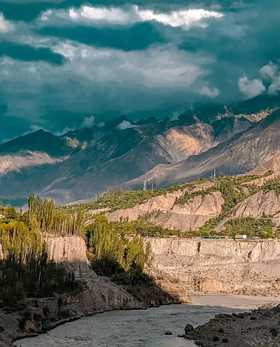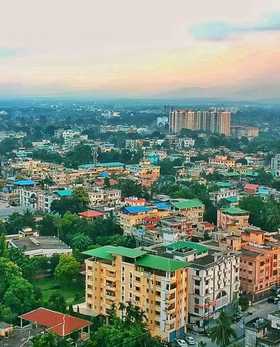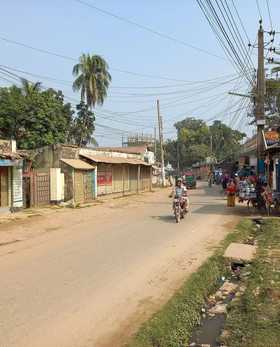Quality of life here comes from clean, simple living, a strong sense of community, and a busy commercial scene. Use a lightweight budgeting framework: separate essentials (housing, food, transport) from discretionary spends, and revisit monthly plans after a few weeks. Save tips include cooking at home, buying from local markets, sharing rides, and choosing longer-term stays with predictable utilities. Be mindful of seasonality: rains can affect road conditions and delivery times, while dry periods may bring more reliable travel to markets and events. Neighborhood fit matters: prioritize accessibility to markets, workspaces, and safe walking routes, then adjust as your routines evolve. Tip: keep a small buffer for occasional travel or repairs.






